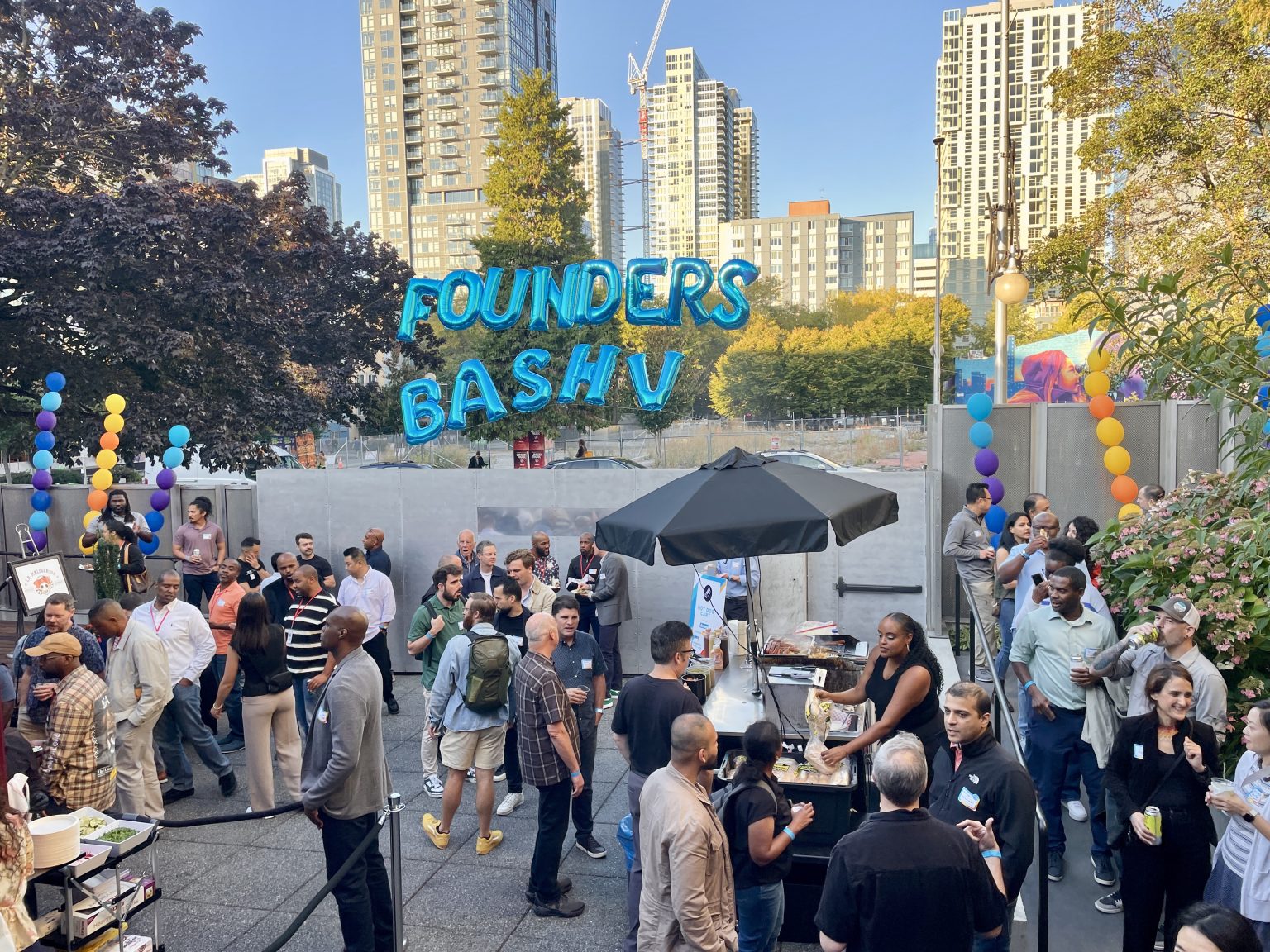Seattle’s Startup Pulse: AI Accelerates, Funding Challenges Persist
Seattle’s vibrant startup community gathered last Thursday at Block 41 for Ascend venture capital firm’s fifth annual Founders Bash. The event provided a window into how entrepreneurs are navigating artificial intelligence, funding challenges, and Seattle’s unique position in the tech ecosystem. Through conversations with founders and tech leaders, a complex picture emerged of a community experiencing both the exhilaration of technological breakthroughs and the persistent hurdles of building startups in a city dominated by tech giants.
The overwhelming consensus among attendees was that AI development is accelerating at a breathtaking pace. Tammy Wang, CEO of Simsola AI, which creates AI-driven leadership training, observed that what once required months of development can now be accomplished in a single week. As a seasoned coder, Wang believes many underestimate how rapidly AI is evolving and envisions a future where AI assistants become standard across all professions. This sentiment was echoed by Brian Monnin, co-founder of Sophia Space, who identified time compression as AI’s most compelling business case. By helping developers, researchers, and product teams work dramatically faster, AI offers tangible value that justifies investment. Alex West, who recently launched an AI-powered coaching platform for early-stage founders, noted that humans are simultaneously becoming more adept at utilizing these tools, learning to provide clearer instructions to AI systems. He also highlighted encouraging progress in training smaller, more specialized AI models that can perform specific tasks with greater efficiency.
Despite the technological leaps, founders face significant challenges in commercializing AI innovations. Himanshu Tayal, who recently launched a startup in Seattle, emphasized that building AI solutions has become relatively straightforward, but convincing customers to adopt them remains difficult. “You have to really find out what the ROI is for them,” he explained, highlighting the gap between technological capability and market readiness. Not everyone at the event shared the unbridled enthusiasm for AI that dominates tech headlines. Michael Fitzgerald, a software developer who recently created a social platform for business development professionals, expressed skepticism about AI’s current capabilities, suggesting that much of the excitement is “a little sensationalized.” He personally avoids using AI for direct communication, indicating the lingering concerns about appropriate use cases. Reed O’Beirne, a Seattle tech veteran who recently returned from London, pointed out another sobering reality: startups attempting to carve out space in AI must contend with tech giants that have vastly superior resources. The margin for error is minimal, and “even a small misstep can doom a startup” competing in such crowded markets.
The funding landscape in Seattle presents another persistent challenge for founders. Tayal contrasted the approach of local investors with their Bay Area counterparts, noting that Seattle investors typically move more cautiously, requiring significant traction before committing, while Silicon Valley investors are more willing to back people and ideas earlier in the development cycle. This creates a particular hurdle for founders in the early stages who need capital to establish the very traction Seattle investors demand. The difficulties multiply for hardware-focused startups, according to Branden Doyle, CEO of air health startup Violett, who observed that only a small subset of Seattle investors are open to hardware companies. However, some see signs of change. Monnin highlighted the growing space and satellite sector in the region, noting, “This is the first time I haven’t seen the VC community freak out when they see hardware.” Elizabeth Scallon, another longtime Seattle startup leader, expressed optimism about “physical AI” as a broader trend, encouraging more Seattle startups to “get away from B2B AI and come into physical world AI.”
Seattle’s status as a tech hub dominated by industry giants like Amazon and Microsoft creates a double-edged sword for the startup ecosystem. Tayal acknowledged the impressive density of talent in the region but pointed out that much of it remains “locked up in corporations.” Convincing professionals to leave secure, well-compensated positions at established tech companies for the uncertainties of startup life represents “a bit of an uphill battle.” This dynamic contributes to Seattle’s reputation as a corporate tech town rather than a startup mecca. The gravitational pull of major employers can make it difficult for new ventures to attract the talent they need, especially when competing against compensation packages and stability that early-stage companies simply cannot match.
Despite these challenges, many founders expressed appreciation for Seattle’s unique advantages as a place to build companies. The community’s depth of expertise and collaborative spirit received consistent praise. Wang suggested that Seattle offers founders space to build thoughtfully, removed from the frenetic pace of San Francisco while still maintaining access to world-class talent. This balance allows for more sustainable growth and development of ideas with potential longevity. Melody Biringer, founder of Women in Tech Regatta, highlighted the continuing influx of new people and perspectives that is energizing the city, contrasting with some of the more pessimistic headlines about Seattle’s tech scene. “I think there’s lots of opportunity,” she noted, capturing a sentiment of cautious optimism that seemed to permeate the event. While Seattle may not yet have transformed into a premier startup destination, its combination of technical depth, collaborative culture, and growing investment interest positions it as a promising environment for founders willing to navigate its unique challenges.


